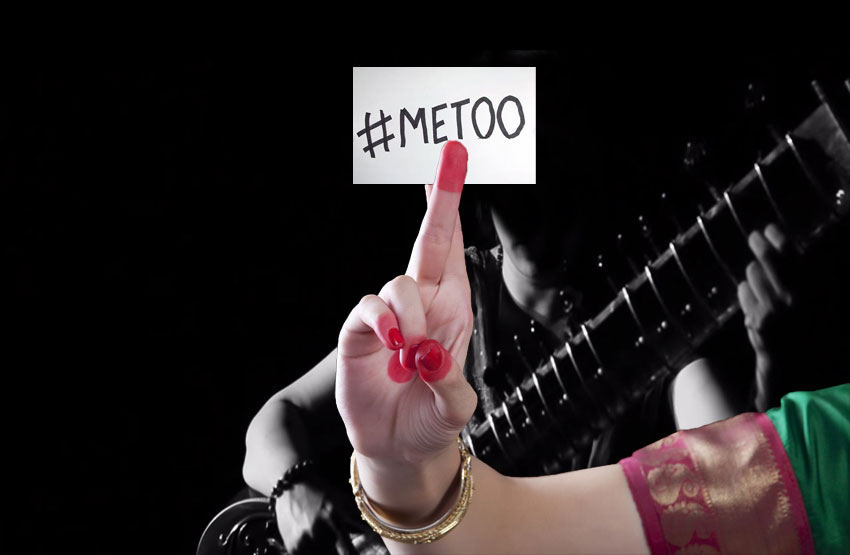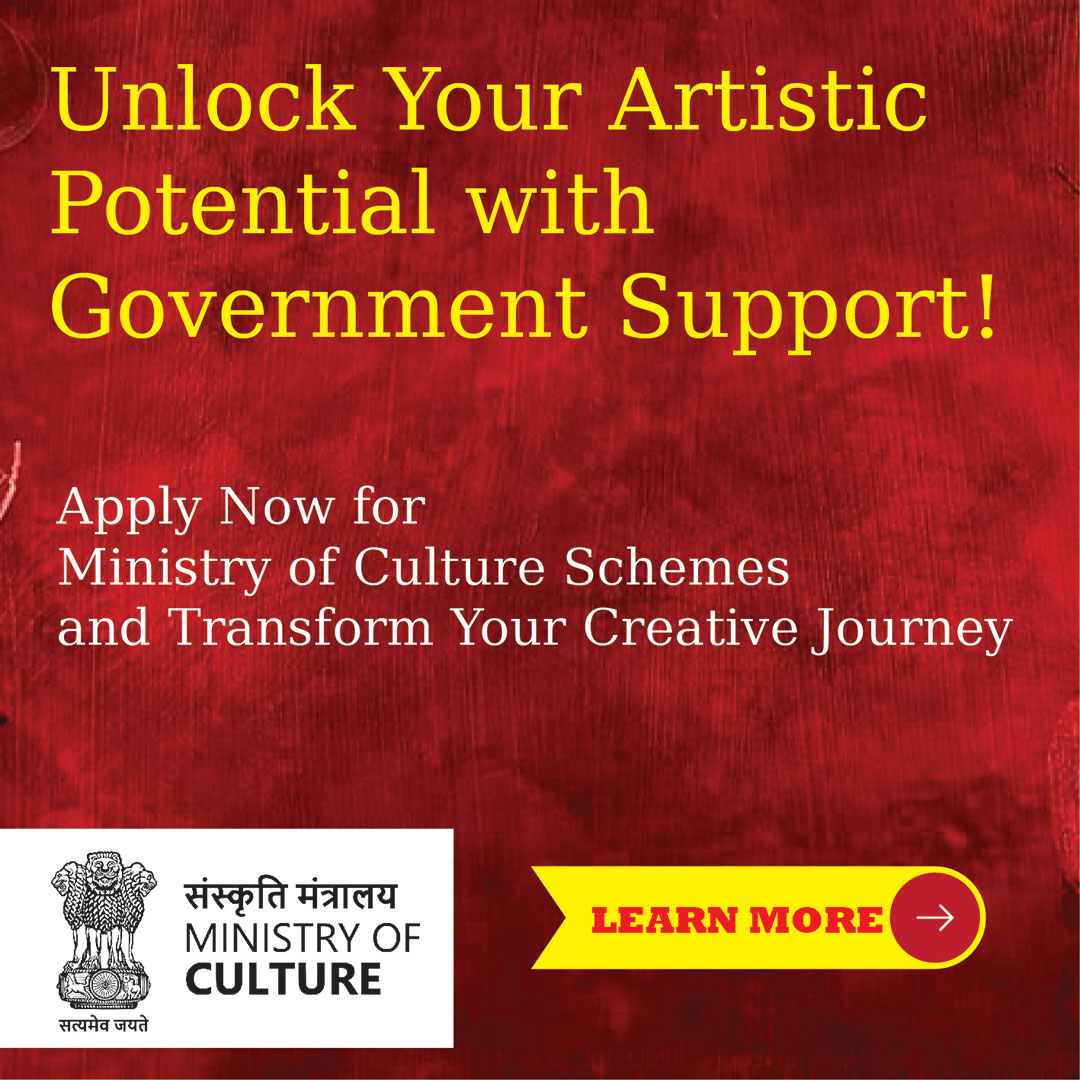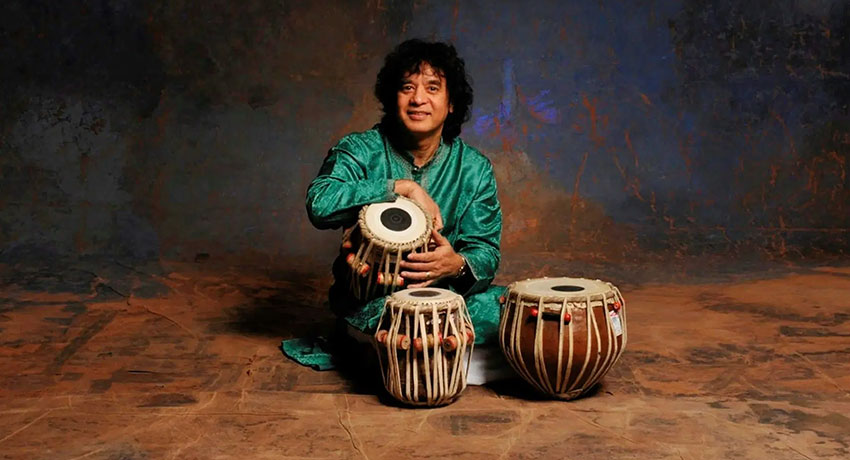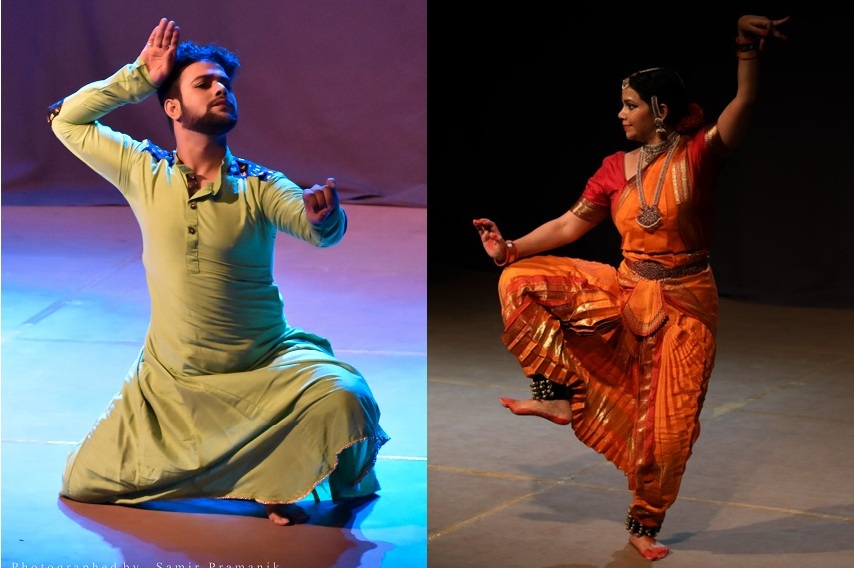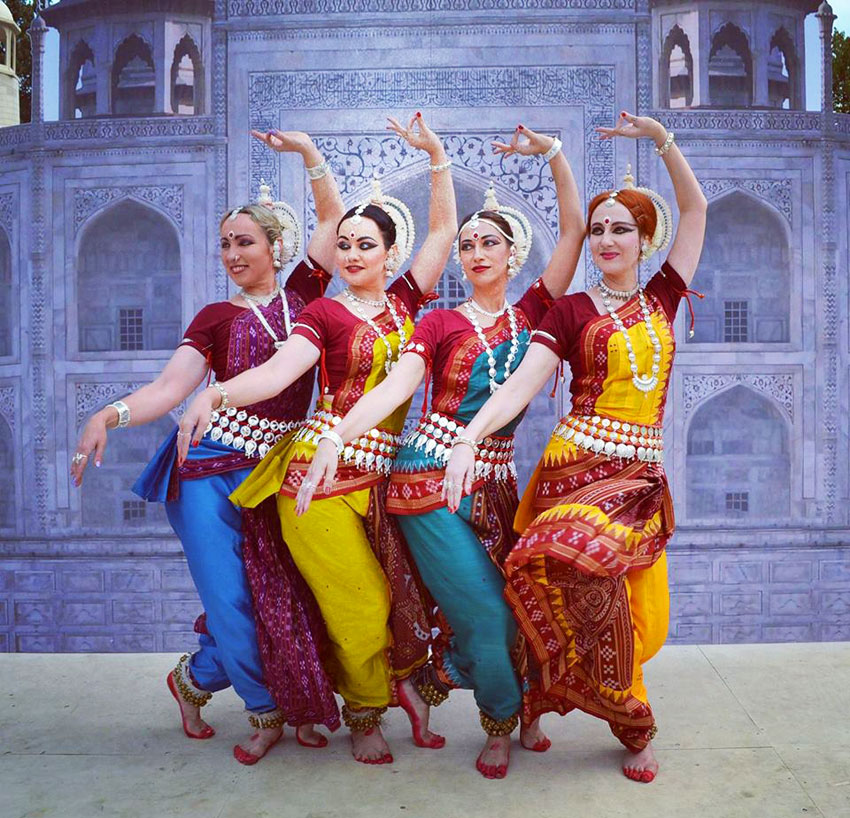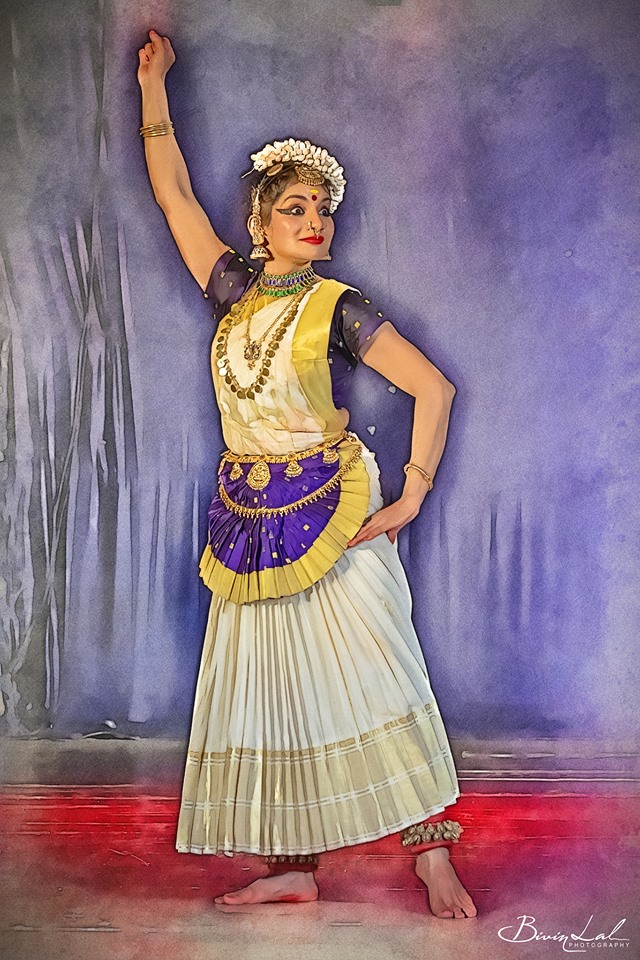Hindustani Classical Music and Dance is a discipline and tradition which has been resting since thousands of years on the foundation of the Guru-Shishya Parampara. In this system of learning, the position of the Guru is culturally elevated to the status of an unquestionable demigod and unwavering dedication is expected of the disciples – at least in practice, this is how it seems. If a self-righteous system as this is hit by the heat-wave of a movement as scathing and as recent as #MeToo, will the Parampara survive?
The question comes very easy after the Carnatic #MeToo allegations jolted the entire Classical Music and Dance community last month. But are there more #MeToo stories waiting to be told by the counterparts of the Hindustani Classical Music and Dance community in India? Why has no one from the Hindustani fraternity come up with a #MeToo allegation as yet?
Before we get swallowed into the whirling vortex of this controversial topic, let us make two assumptions:
- The world of Hindustani Classical Music and Dance has no reason for a #MeToo stories in it.
- The world of Hindustani Classical Music and Dance has plenty of reasons for #MeToo stories.
Question to our readers: Which of the above poses a tunnel-vision, sweeping or even correct assumption to you? The above question is meant more as a catalyst to open the introspection of the readers on this issue rather than demanding a direct answer.
If a movement as intense as #MeToo can have shuddering after-effects in a sexually suppressed society like India, (which has been flagged as one of the most unsafe places for women in the world) in the world of Hindustani Classical Music and Dance, its effects can be devastating. This is especially because it is being driven and spearheaded through a completely non-hierarchical platform like the social media where anyone willing to speak can participate, has a voice and also has an audience willing to react. However, such a movement also has the potential of getting diluted in its core meaning.
What is the core essence and meaning of #MeToo?
“The core meaning of #MeToo can be plainly put forth as – No means no, even if the relationship is consensual. There is nothing wrong in sex but having it coercively is humiliating and the most disgraceful act,” says Aniruddha Roy Chowdhury, the Director of “Pink” which entirely revolves around this issue.
“Now people may ask as to what stopped her from protesting against the coercion right at that time when it had happened. Here, I would like to emphatically state that women in our country have suffered for ages as victims of sexual coercion and misconduct and have not been able to protest right at the time they were violated because of many deterring financial and social reasons.”
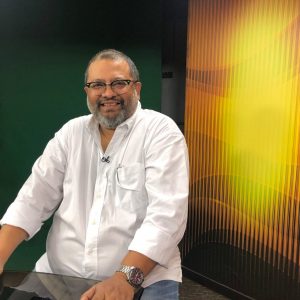
Roy Chowdhury informs, “A friend who worked as a counsellor for women from financially deprived backgrounds 25 years ago, has shared stories with me about women coming in hordes to have an abortion because they had to concede to coercive sex with their husbands which had led to an unwanted pregnancy. Can you imagine how humiliating it is for anybody to face this?”
So we need to mark the following points before we start a discussion on #MeToo:
- #MeToo is not at all a compulsion or coercion but is rather, a voluntary act by women who are willing to speak out against men for sexual misconduct and exploitation.
- Women who took decisions which were solely in their power at that moment, but couldn’t cope with the aftermath when these decisions made them feel horrible, cannot name and shame men.
- If we are pro #MeToo, saying a clear “yes” or “no” is the premise upon which this movement stands. Not being able to say “no” due to a feeling of powerlessness comes under the purview of the movement. Saying “no” where the man doesn’t stop is also #MeToo. Now, if we put aside the glaring cases of coercive sex /rape which come under the purview of #MeToo, we enter the very dodgy, marshy part of #Metoo where a clear, positive affirmation can be regarded as the only gateway to sex.
So therefore, can any other situation of trial and error/foreplay/flirtation/larking ending in a disappointment for the woman be regarded as #MeToo as well? At which point and in what situation can a woman’s inability to say “no” shield her from responsibility?
These points make #MeToo an extremely confusing topic – something on which, we have observed a lot of enthusiasm on social media posts but no straightforward allegation coming from anyone in the Hindustani Classical Music and Dance community.
[adrotate group=”9″]
The Guru-Shishya Parampara
“The Guru-Shishya Parampara is a much-exploited zone in the Hindustani Classical Music and Dance scene because of the reverence with which a Guru is traditionally treated. Naming and shaming your Guru who has made advances at you would lead to your own people shaming you back, let alone not believing a word of what you are saying. Most of these Gurus are national awardees like Padmashree or Padma Bhushan or Padma Vibhushan and have a large fan following too. People tend to forget that Gurus or artists of great stature are human beings after all and not God and thus are fallible”, says a Hindustani Classical vocalist under conditions of anonymity.
Some women also believe that the lyrics and poetry associated with Indian Classical Music and Dance are very archaic and have become difficult to relate to as a woman and artist of this generation.
Gats in which a Kathak dancer is required to demonstrate the romance between the hero and nayika where the hero is playfully teasing her, consists of lyrics which most independent women of liberal thinking cannot relate to nowadays because of a gaping absence of consent from the female counterpart or nayika. The poetry of these gats have mostly been composed by male poets from the 15th and 16th centuries and sounds patriarchal to many women who have learned this art form but refuse to perform. Classicalclaps came across an interesting blog of UK based Kavya Kaushik in this context which may be accessed HERE.
“I would be annoyed if my boyfriend didn’t turn up on time or hid my clothes every time I’ve gone for a bath, the same things that Lord Krishna did to his Gopis. But if I talk about it on social media, I guess I will be trolled to death in this country because of religious issues,” says Mridula Kothekar (name changed), a budding Hindustani Classical vocalist from Jaipur.
“Languages evolve and that is applicable to any art form. I think artists should also be given the liberty by the existing Gurus to evolve and develop their own language in any art form because that leads to the progress of art forms and a society at large. Probably this change in attitude of the entire community would also lead to uprooting the ingrained patriarchy, the reflection of which can also be seen in the lyrics of many Bollywood songs,” says Gitika (name changed) , who discontinued Kathak after her Bachelor’s degree as she said “No” to her Guru who was teaching Kathak in college.
[adrotate group=”9″]
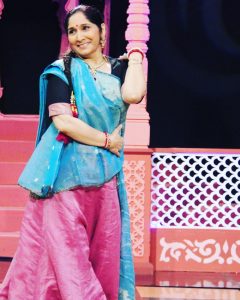
Uma Dogra, one of the senior-most and renowned Kathak exponents of our country says, “When the Guru ties a gandaa around the disciple’s wrist, he does so on the basic principle that he is now accepting her as a family member. It is a sacred relationship which sits on the premises of a parent-child bond. How then, can you accept that the person whom you have given the stature and pedestal of a father or even God, would want sexual favours without which, he wouldn’t even want to give you lessons?”
She further asks, “I want to pose this question to my generation of artists as well as artists from the present generation that what is the need to cater to such philandering needs of Gurus? Can you show me one example where, because of the exchange of sexual favours, the Guru has made the student, the dancer of the era? I think such behaviour needs to be addressed and nipped at its very inception.”
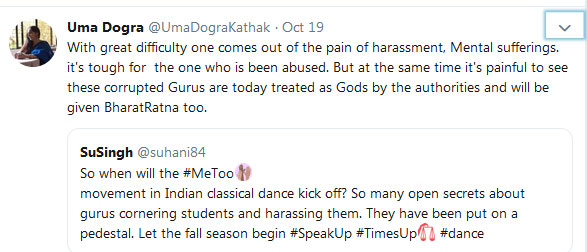
Dogra joined Kathak Kendra in 1969 and left in 1972 after which, she became a gandaa-bandh disciple of Pt. Durga Lal Ji. “I have never faced a #MeToo situation ever throughout my life as a disciple but I encourage girls to go and speak out if they have faced such issues because the media is a strong, supporting platform now – an advantage my generation never had. Just think about it – why should anyone have to additionally compromise to coercive sex in order to learn an art form for which he or she is respectfully reimbursing monetarily?” she says.
Is the Guru-Shishya Parampara passé?

The Guru-Shishya Parampara has its reference to as early as the era of the Ramayana and the Mahabharata. While the system is very rich and provides an excellent format of learning for a student, it would also be quite naive to implement it in its original form in this day and age. Just like every software needs upgradation from time to time, the Guru-Shishya Parampara too perhaps needs an upgradation to sit with the current scheme of the modern day-to-day life. The custom of accepting a superior/teacher or a Guru with unquestionable reverence is passé. “Respect is a two-way street. Any institution which advocates unquestioning respect is inherently flawed. Just like a Guru has the right to determine the worthiness of a student, a student has the right to determine if his/her Guru is deserving of the kind of respect the Guru-Shishya Parampara demands,” says Purbayan Chatterjee, Sitar exponent of the Senia-Maihar Gharana.
[adrotate group=”9″]
#Metoo outside the Guru-Shishya realm
The issue, however, does not remain confined to Gurus and Shishyas. “I had a smooth sailing in my journey as a student of dance. But when I started my career as a stage performer, I had to give up as it was difficult especially when it came to government-organized festivals. The cajoling and begging for a slot is usually followed by a compromise which many I know in the same field have done. I do not want to name her here but she’s a dancer of great stature today and has recalled her disgust following a compromise she had had to make years ago, sexually, with an official in order to perform in a string of festivals funded by the government,” said Chitra Nagarker (name changed), who runs her own small school at home now, teaching Kathak to children.
It would be naive on my part to imagine that there are no #MeToo stories in the field of Indian Classical Music – Shubha Mudgal
Click HERE to read views of Shubha Mudgal
Counsellor’s Corner
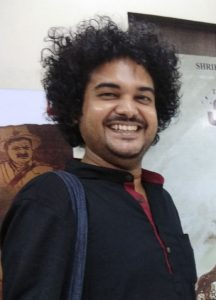
Kolkata-based psychological counsellor, Dr. Subhrangsu Aditya points out, “#Metoo has created a strong threat perception to men who have so far been thinking that they can get away with an act of sexual misconduct by taking away the woman’s job/career or by leading her to social harassment. So now, the society has realised that even if the woman may not be in a position to protest at the moment of sexual abuse, she may do so any time soon because she has found a language and an atmosphere where she can speak up and she will also be heard”. He also points out the double-edged advantage of the #MeToo movement stating, “It works well in supporting women who have been sexually abused as well as thwarting those women who use sexual favours to take advantage and climb the ladder. So the overall effect is largely positive.” Dr Aditya is inclined towards the Positive Psychology Movement and affiliated to Jadavpur University, IPS (Indian Psychoanalytic Society).
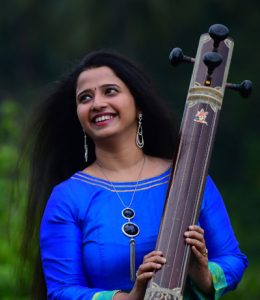
Mahalaxmi Shenoy, a Hindustani Classical vocalist based in Bangalore says, “I have thankfully not faced a #MeToo situation in my journey as a student of music but I am happy that this movement has pushed the erring miscreants a few steps back, be it any field or profession.”
Parent Speak
Smruti Koppikar is a Mumbai-based journalist and has a teenage daughter who has been learning Kathak since she was a little girl. As a parent, Koppikar thinks that sexual harassment could be as – or more – prevalent in the arts and cultural fields as in media or any other, given that they require students to be in informal and often one-on-one setting with their guru, and also because the structures are informal in which the guru is all-powerful. “Often it may not be the guru himself who takes advantage of the student but people around him,” says Koppikar, “that’s why it becomes parental responsibility to teach children about “wanted” and “unwanted” touch.”
She adds that it’s also important to teach young children about “choice” – which means the child CAN say NO if she/he is uncomfortable about something is part of parental responsibility. “It instills in them the idea that she/he has absolute control over her/his body. Also, open communication about these issues at home makes a difference… parents can create the atmosphere so that children can talk about anything untoward that may have happened,” she says
“Sexual abuse or harassment has long been a part of our lives but with #MeToo, it now has a language and a climate in which it can be expressed.”
[adrotate group=”9″]
Sanskars and the Sheen of “Respect”
Classicalclaps.com has been following several threads of discussions trailing #MeToo posts on the social media from the Hindustani Classical Music and Dance fraternity. But #MeToo still remains an affair confined to the grapevine rather than an open allegation in this community. Interestingly, the Hindustani Classical Music and Dance community operates on the surface with an astoundingly breathtaking sheen of customary “pranams” and show of respect by touching of the feet of the elders/seniors, addressing peers as “Bhai” , “Ji” and doyens as “Ustadji” or “Panditji” as applicable. All these mannerisms are sometimes quite perfunctory and ritualistic as much as they are real and heartfelt, often depending upon the real intention behind their implementation/use. Such mannerisms, also collectively known as “sanskars” (tradition) coupled with the heightened, public, mutual adulation between artists or between artists and concert organizers often seem too good to be true in certain situations.
Are these sanskars one of the shackles that are preventing the break-out of a #MeToo outcry in the community? We do not know and cannot assume anything. Probably this is why, conscious individuals like Sandeep Virdee, Artistic Director of Darbar Festival in the UK, have adopted a “zero tolerance policy” towards any kind of abuse.
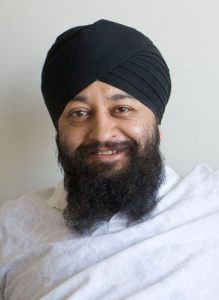
“We have a safeguarding clause included in our artist contracts. Safeguarding is a huge issue in the UK Charity Law.” Virdee and his team ensure beforehand that the male co-artists or anyone with whom the female artist is travelling to the UK to perform at the festival are known to her and that she is also comfortable travelling with him/them.
“We are also very particular about creating a safe atmosphere against any abuse issues that our female staff or volunteers may face during the festival,” Virdee signs off.
If you have a story to tell the world, please do not hesitate to contact us or follow us on Twitter or Facebook and tell us your #HindustaniMeToo story. As conscious denizens of the Hindustani Classical Music and Dance community, we want to give an equal opportunity and platform to all voices as best as we can.



